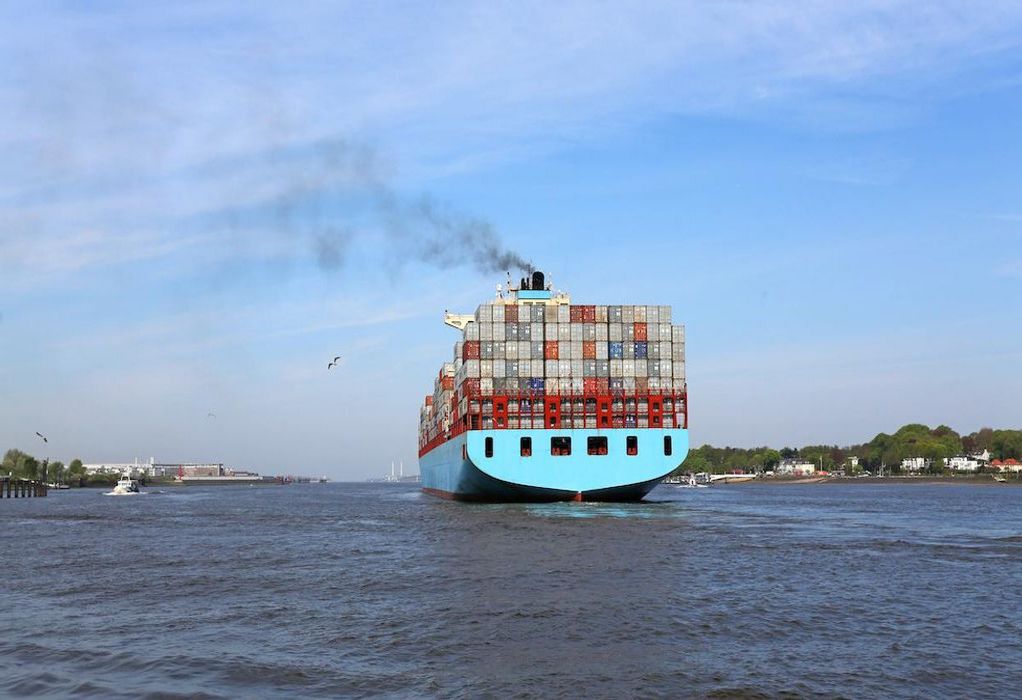A recent research study by the ICAR-Central Marine Fisheries Research Institute (CMFRI) has revealed that the carbon emissions from India’s marine fisheries sector are significantly lower than the global average.
The study was presented at a review meeting of the fisheries component of the National Innovations in Climate Resilient Agriculture (NICRA) network research project, highlighting the impact of the fishing industry on the environment.
The CMFRI research found that during the harvest phase of the fishing process, which involves active fishing, more than 90 percent of the fuel used in the sector is utilised. This information is crucial because it allows policymakers to identify areas where sustainable practices can be implemented, such as fuel-efficient fishing practices that would reduce the sector’s carbon footprint.
The study by the ICAR-CMFRI team has shed light on the relatively low carbon footprint of India’s marine fisheries sector compared to the global average. By adopting sustainable fishing practices that reduce carbon emissions, the fishing industry can help to mitigate the negative effects of climate change on marine ecosystems while also promoting economic growth and supporting local communities.
The research assessed the carbon footprint of India’s marine fisheries sector, estimating that it emits 1.32 tonnes of CO2 (carbon dioxide) to produce one tonne of fish, which is considerably lower than the global average of over two tonnes for the same quantity. This finding indicates that India’s fishing industry has a relatively low carbon footprint compared to other countries, which is encouraging given the country’s large population and high demand for fish.
Innovative technologies would help fishers to sustain their livelihood during cyclones, heavy rainfalls and other extreme weather conditions, he said.
The results of the study suggest that the Indian marine fisheries sector could potentially serve as a model for sustainable fishing practices in other countries. This is particularly relevant as climate change continues to threaten global marine ecosystems, causing declines in fish populations and other marine life. By adopting sustainable practices that reduce carbon emissions, such as fuel-efficient fishing methods, the fishing industry can help to mitigate the negative effects of climate change on marine ecosystems.
Tags: Fisheries, ICAR-CMFI Study, Marine Emissions, NICRA



Recent Posts
Goltens Partners with Orcan Energy to Expand Marine Waste Heat Recovery Solutions
NWSA Launches First Incentive Program for Zero Emission Trucks in Washington
IHI and Vopak Partner on Ammonia Terminal Development in Japan
Chimbusco Pan Nation Completes First B30 Marine Gasoil Delivery in Hong Kong
ITOCHU Announces Newbuilding Order for Ammonia Bunkering Vessel
India Launches Incentive Scheme for Electric Trucks under PM E-DRIVE Initiative
Royal Caribbean Welcomes LNG-Fueled Star of the Seas to Its Fleet
Swire Shipping Launches ‘Voyage to Zero’ to Help Customers Cut Scope 3 Emissions Swire